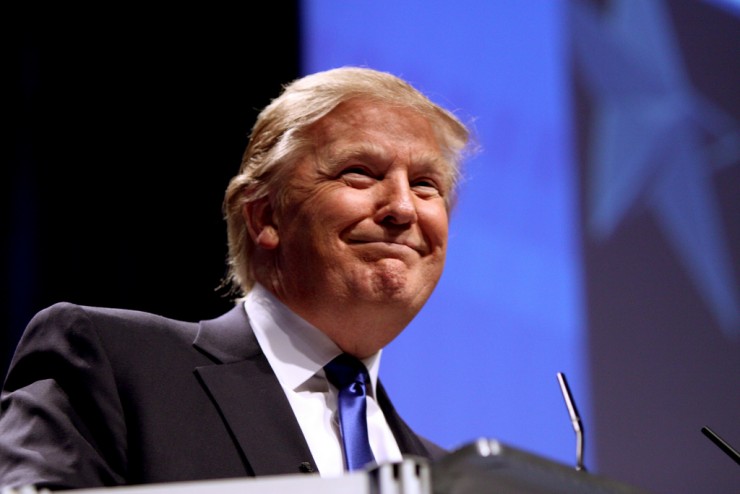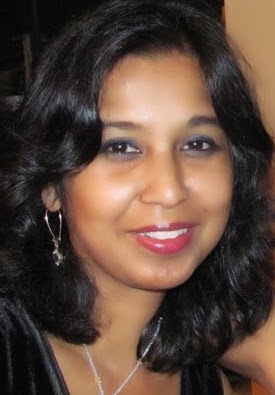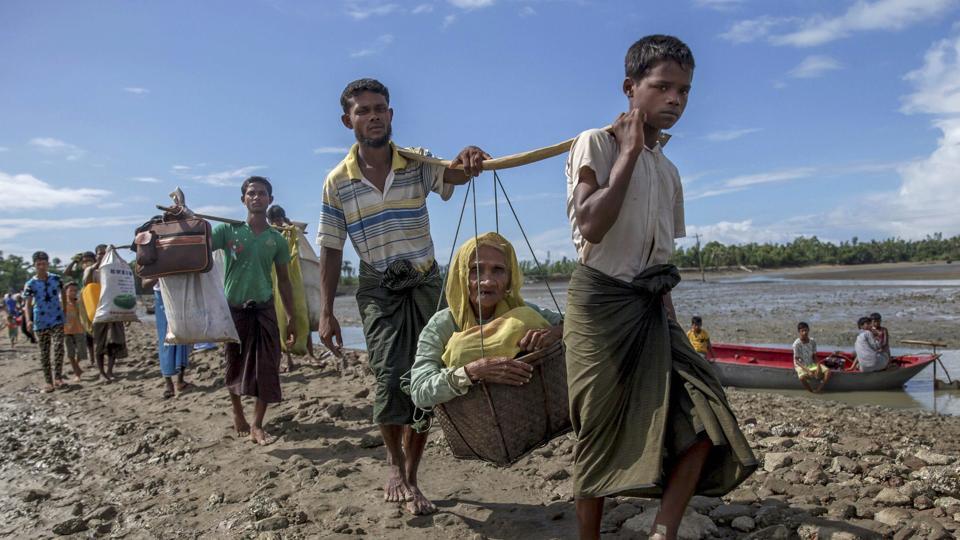
By Rajashree Ghosh
INDIA New England Columnist
“Take a deep breath, inhale, let the air fill your lungs. Exhale through your mouth”. My yoga instructor’s voice rings through my head. Her class gives me great lessons to follow and use when I need it the most. And when time comes for introspection, stepping back, taking the time to contemplate does not sound so bad. In fact, when that is the only option available, maybe it is the best thing to do.
As the political scene in the US unfurled on November 8, it ushered in an era globally that is besieged with a lot of unknowns. What the “knowns” are such as discrimination based on race, immigration status, women’s empowerment – all cast an ominous shadow. At work my coworkers came in eyes red having been up all night, ‘what just happened?!” Another colleague, who is a mother of infant children said, “I’m glad my kids are young and I don’t have to explain what went on.” Still another friend, a US citizen with Mexican roots said her teenage daughter was asked by her classmates, “where will you go once the wall is up?”
As South Asians, we wonder where we are placed in the new scheme of things, especially those waiting the long wait in immigration processes. Hate crimes are being reported from within our neighborhoods. There has been much public outcry and planned marches and protests are ongoing. To me it signals that we take the time for self- reflection and reassess some of the approaches.
Undoubtedly, the narrative has been very polarizing and several hierarchies have been reestablished – certainly true with gender and race. And there is much concern and sadness with that. There is also a schism that was demonstrated between coastal/eastern seaboard elites and those from middle America. Most political leaders and contenders to the Presidency have degrees from elite universities such as Harvard and Yale. No matter which part of the country they belong, their erudition, wisdom and approach came from privileged education and background.
In a book titled Hillbilly Elegy, author J.D. Vance presents a personal account of working class whites from the “rust belt” and states that the language of the political leaders from Washington has thus far been almost foreign (like a newsreader with no distinct accent). The economic decline in the region through the past three decades and resultant deprivations, addiction, violence and poverty have largely been ignored. Thus far, what they heard was the invasion of foreign workers taking over their jobs and plotting against them. As a disenfranchised population, this group latched on to words like “walls”, “jobs,” “deportations” and other less respectable verbiage. Unlike the dull and safe political jargon that they had heard thus far from seasoned politicians, this approach was refreshing and brought with it the promise of life without the economic crises and onslaught of foreigners (as also people of color). It was about reinstating the positions of power, familiarity and protecting identity from political intellectualism that looks down on them.
To assume that everyone agrees to a progressive vision of a global future, with environmental regulations, gun control and equal wages might have been a misstep. Many see them as attacks and destructive to their communities. The traditional, safe cocoon seemed threatened and familiar values needed to be defended and the immediate viable choice was to ask for a change of the political rhetoric.
How does one respond to deprivations of “a” people? There is a lot to contend with and requires thinking deep about the present and the future. An alternate methodology of outreach comes to the mind – but maybe that is not the need of the hour. As South Asians we are cognizant of segmented societies having lived through some of gender, class, caste, religious, regional divides. In experiencing and having worked at the grassroots level, one has encountered ignorance, illiteracy, poverty, violence against women, and have successfully even if in small ways made a difference. Because unlike here in the US, we recognize the divisions (remember, unity in diversity) and work with it or around it. There is affirmative action that the Constitution of India provides and there is outcry when there is conflagration of laws.
Not one for hailing best practices and models but are there instances around the world that can inspire our approach where everyone – not just one community or category of people – can feel they matter?
The imminent need is to rise above the divides and fight against prejudice against religions, homophobia and xenophobia. Recognizing that there are people who feel ignored and denied is a huge step forward. One is reminded of Leonard Cohen who we lost this month. When asked about his song Halleluja, he said, “it explains that many kinds of hallelujahs do exist, and all the perfect and broken hallelujahs have equal value.” Breathe!
(Rajashree Ghosh is a Resident Scholar at Brandeis Women’s Studies Research Center.)











